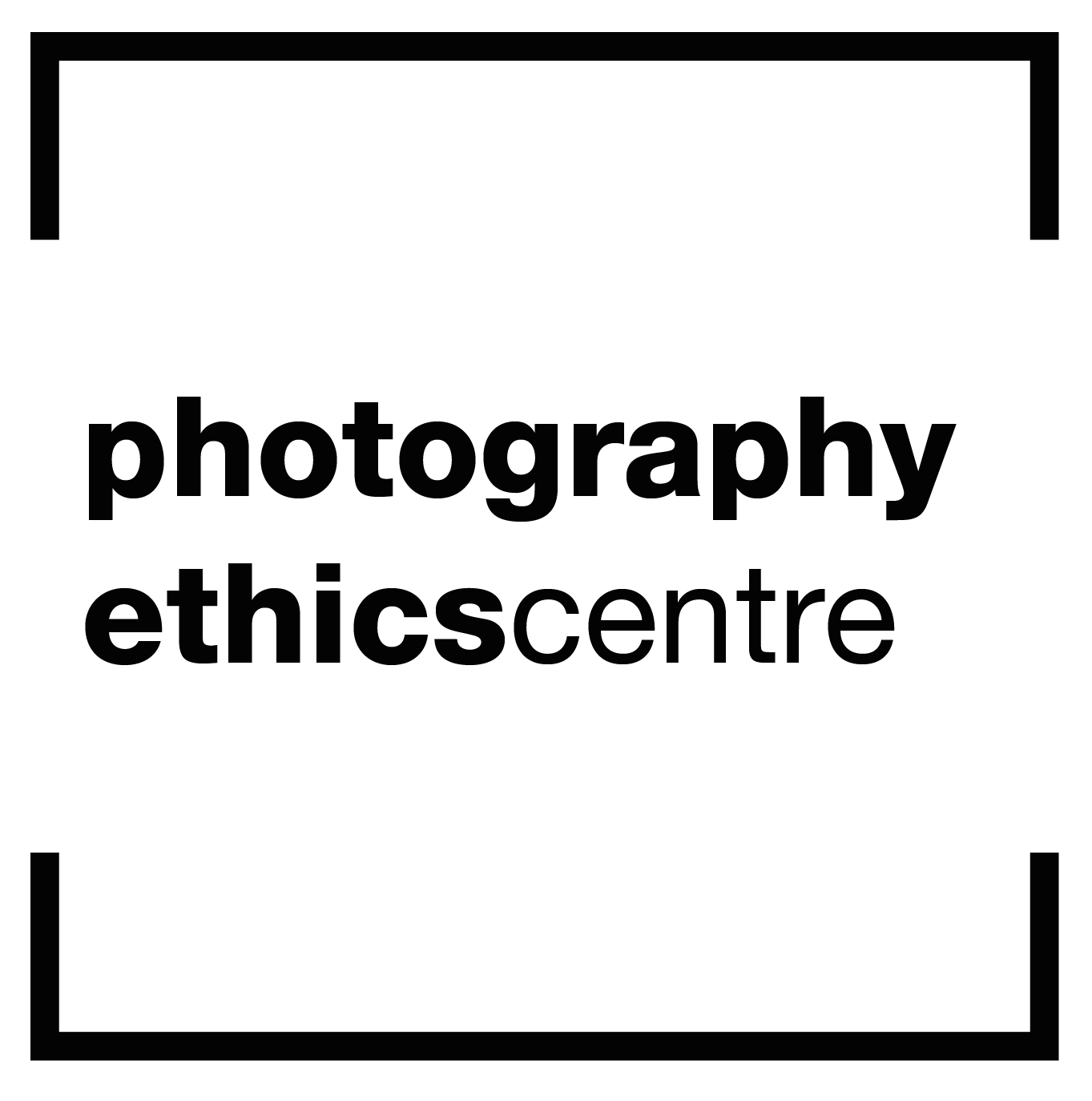Santiago Lyon: On trusting what we see
In this episode, we talk with Santiago Lyon about trusting what we see. Discussing his own work with the Content Authenticity Initiative, he stresses the need for provenance information to be available to consumers. Santiago highlights the importance of clarifying the differences between photojournalism and stock photography as they entail differing ethical considerations. He also explores the influence of context, usage and intent in relation to ethics. Santiago invites photographers to embrace AI while also discussing the difficulty it poses to intellectual property.
What you’ll find inside:
“For me the whole career aspect of journalism was more of a vocation and more of a calling than a sort of 9-5 job. And with that vocation comes the responsibility to adhere to those codes of ethics and to be truthful and transparent and not to mislead people and to be sure that all the work that you’re doing is a faithful recording of what’s going on around you.” (7.03)
“A stock photograph has all sorts of ethical issues from the photojournalistic standpoint, the way it was edited, what might have been taken out of it for stock photo purposes et cetera. And the fact that the captions in stock photography are very different from the captions in new photography. So, the context becomes very important, you know context in news photography is everything.” (15.46)
“Customers know based on the source whether it’s AP or Reuters or AFP that it’s a trustworthy reliable image. So, the basic commodity that they’re dealing with in that world and in journalism at large is the notion of trust, and it’s hugely important.” (19.03)
“We like to think about it like a digital national label… for news content it’s important that people have access to this provenance information so that they can make better informed decisions about what to trust and what not to trust.” (20.50)
“It’s a question of whether you can embrace the power of technology and still be true to your values wherever they may lie. Whether it’s in the journalism world or the creative world or anything else for that matter.” (37.01)
What does photography ethics mean to Santiago?
“I mean to me photography ethics is really about veracity and transparency and accuracy and context and when someone looks at a picture that they have all of that information at their disposal and can trust the image that they’re looking at…. For me it really means photographing things as they are and describing them as they are. Having that level of transparency while at the same time allowing for layers of creativity that can interpret the scene in a way that renders it compelling to the viewer without compromising the authenticity of the scene.” (44.11)
Links:
Santiago Lyon is the Head of Advocacy and Education for the Adobe-led Content Authenticity Initiative, working to combat misinformation through digital content provenance. He has 40 years of experience in photography as an award-winning photojournalist, photo editor, media executive and educator. As a photographer for Reuters and the Associated Press for 20 years he won multiple photojournalism awards for his work between 1989-1999 where he photographed 9 wars on 4 continents. In 2003/2004 he was a Nieman Fellow in journalism at Harvard University before being named VP/Director of Photography at the Associated Press, a position he held until 2016. Under his direction the AP won three Pulitzer Prizes for photography as well as multiple other major photojournalism awards around the world. In 2012 he was a Sulzberger Fellow at Columbia University and was Chair of the Jury for the 2013 World Press Photo contest. Santiago serves on the board of directors of the Eddie Adams Workshop and the advisory board of the VII Foundation.
Creativity is not confined to campus. Falmouth University has been a leading creative institution for over 120 years, and a pioneer in online study since 2016. In that time, they have honed their expertise in delivering high-quality online degrees that nurture collaboration and innovation. Through their Virtual Learning Environment built by an award-winning digital learning team, supported by expert teaching and unrivalled industry connections, you can achieve your personal and professional ambitions in a way that works for you. Join a pioneering community and elevate your photographic practice with Falmouth's online photography courses. Learn more.

